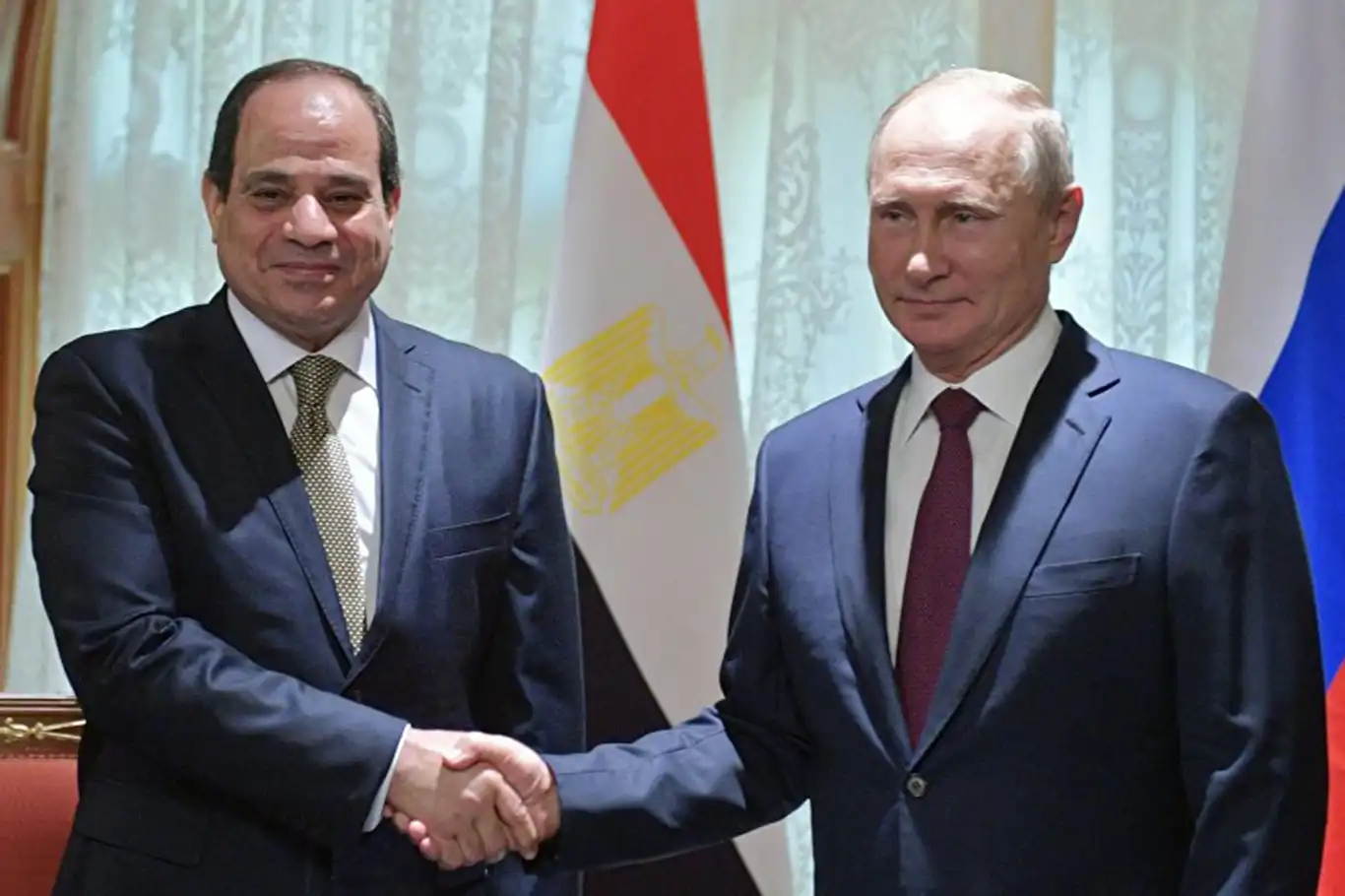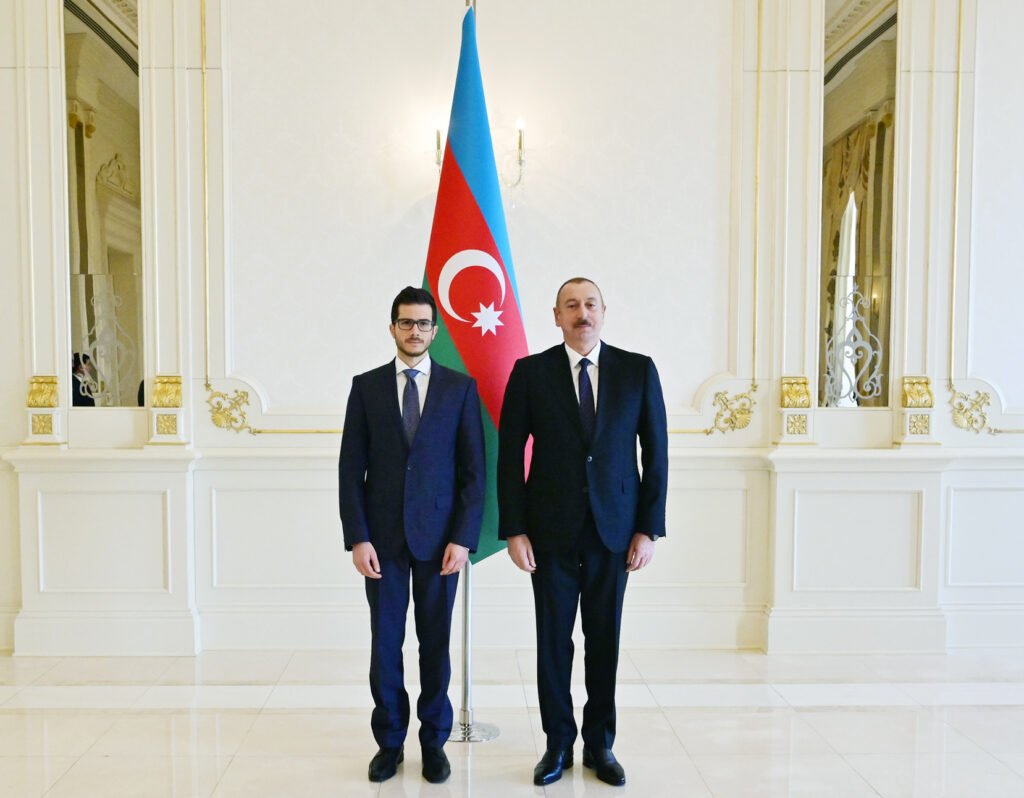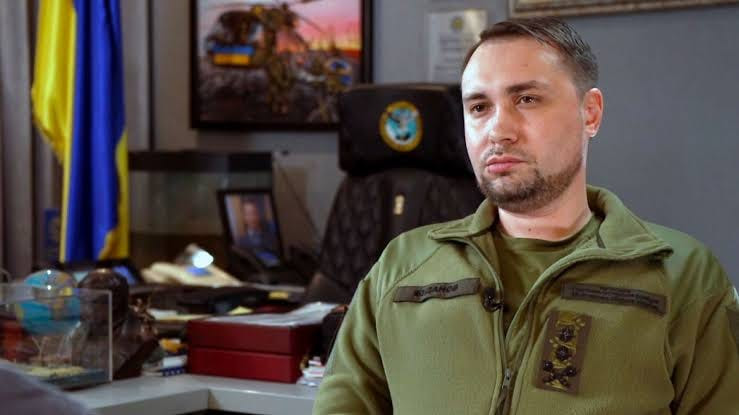CIA boss heads for Z-Day in Kiev as Ukraine falters
Wednesday, November 15th is Z-Day for the War in Ukraine. CIA Chief William Burns will arrive in Kiev for urgent, secret meetings with Zelensky. It is worth asking: How come Burns is on an urgent mission to Ukraine?
The answer to the question is that Ukraine is imploding. The crumbling of the Zelensky regime is unsurprising: Ukraine has been sustaining far too many casualties to survive for much longer. Ukraine either must find a way to make a deal with Russia or face an internal rebellion.
Zelensky is setting the stage to have Ukrainian General Valerii Zaluzhny arrested and purged. He’s likely to prepare the ground by firing three generals tied to Zaluzhny. (Zaluzhny’s top aide has already died in what’s described as an accident.)
 Naev, Tarnavsky, Ostaschenko
Naev, Tarnavsky, Ostaschenko
The three are Commander of the Joint Forces of the Armed Forces of Ukraine Sergei Naev, Commander of the Operational-Strategic Group of Troops “Tavria” Alexander Tarnavsky and Commander of the Medical Forces of the Ukrainian Armed Forces Tatyana Ostashchenko.
Ukraine has gone through three armies, and most of the current army is made up of older men, some women, and boys with no training. They become bodies to fill the foxholes and revetments trying to hold up the Russians. Russia itself is in no particular hurry.
The Russian strategy is to bleed-down Ukraine’s armed forces and create a political crisis in Kiev. The Russian effort is ahead of schedule, which has surprised Moscow as much as Washington.
In Kiev an internal war has broken out between Zelensky and his thugocracy, on the one hand, and the Ukrainian army leadership.
As General Valerii Zaluzhny made clear in his writings in the London-based Economist, Ukraine’s war needs a pause or ceasefire. That would allow time for the army to be rebuilt and stocked with new weapons that are not yet in either the American or European inventory. Zelensky, however, opposes any pause in the fighting and wants his army to hold onto key territories such as Avdiivka and to retake important cities including Bakhmut.
There is no incentive for the Russians to agree to a cease-fire or, indeed, for them to accede to any interim solution that would result in NATO staying in Ukraine. The bottom line issue for Moscow is NATO, which Russia sees as a threat if NATO builds air, land and naval bases on Ukrainian territory.
One of the key mistakes of Zelensky and the head of Ukrainian military intelligence, Kyrylo Budanov, was to attack Russian territory, blow up critical infrastructure, destroy airfields with nuclear bombers and send kamikaze drones to hit the Kremlin.
Not only has this been costly to Russia in terms of physical losses, but it has brought home to Russian leaders just how dangerous Ukraine is to Russian national security. These attacks have made it almost impossible to reach a modus vivendi between Ukraine and Russia unless, as the Russians demand, NATO is out and Ukraine is demilitarized.
It is quite true that such attacks were justified, in a sense, by Russian attacks on Ukraine’s infrastructure. Indeed, there will be more and heavier attacks ahead. The Ukrainians are reporting that Russia has amassed 1,000 or more rockets to fire at Ukraine’s infrastructure. Depending on what happens in the days ahead in Kiev, Russia is likely to use infrastructure attacks to squeeze Ukraine even more.
But, it is also true that sometimes bombings have the reverse effect: the public rallies to the government. The British learned this after the Nazis bombed London and other British cities. The Germans learned this after Dresden. Even the Japanese stayed in the fight after the massive firebombing of Tokyo, until the atomic bombing of Hiroshima and Nagasaki told them that the game was over.
While Burns will try to persuade Zelensky to behave, there are already enough moving parts in the mess between the army and Zelensky that Zelensky will have trouble backing off. If he decides to remain quiet (especially while Congress is taking up giving billions of dollars more to Ukraine), he will not necessarily find his opponents quiet.
Along with running a blatantly dictatorial operation from Kiev, Zelensky’s success is built on a base of graft and theft. He finances his support by allowing officials to steal as much as they can. That way they stay loyal.
Luckily for him, the US (and its allies) have refused to stop the disappearance of billions of dollars of US and European aid. But the US Congress is increasingly under pressure for accountability for money and weapons sent to Ukraine. It will be hard to move money to Ukraine without provisions that put in place independent audits.
Meanwhile, Zelensky’s political opponents are well aware of the corruption in Kiev and are saying so. It is anyone’s guess whether that information gets to Congress, but it may.
Burns won’t be suggesting Zelensky talk to the Russians or even change his tune on demanding that Russian forces leave Ukraine. Burns can’t go against Washington’s policy, which is to drag out the Ukraine war until Biden is reelected.
Furthermore, Washington wants NATO in Ukraine. While Washington knows it can’t get Ukraine into NATO until Ukraine wins the war, after Biden is reelected the US can begin putting in actual NATO fighting forces, starting with air power. Thus Washington is willing to risk NATO’s long-term stability and viability in the name of trying to put NATO bases in Ukraine in an area Russia sees of utmost sensitivity.
NATO expansion is running its full course, changing NATO into an offensive, not a defensive, alliance. It was never intended thus.
Washington’s policy is a fantasy. A NATO war with Russia, if that is where we are headed, will destroy Europe. NATO is not prepared for such a war now, or in the next five years. Moreover, it isn’t clear that Washington’s policy has any support among NATO member countries.
The Russians probably don’t want a war in Europe since a conflict on that scale could easily involve tactical nuclear weapons. Given the timetable Washington has in mind, Russia will be under pressure to wrap up the Ukraine war within one year. That could lead Russia to focus its attacks on Kiev or, alternatively, other important Ukrainian cities, with Odesa and Kharkiv heading the list of targets.
It is doubtful Burns gets it, or even wants to understand the consequences of Washington’s policy.

In a joint effort to address the ongoing conflict in the war-torn Gaza Strip, Egyptian President Abdel-Fattah al-Sisi and Russian President Vladimir Putin held a phone conversation on Tuesday.
The leaders agreed to intensify international efforts towards an immediate ceasefire and discussed the latest developments in the Palestinian coastal enclave, according to a statement from the Egyptian Presidency.
The focus of their discussion included facilitating urgent access to humanitarian aid, implementing measures to protect civilians, and halting the bloodshed in Gaza.
Both leaders emphasized that these actions are essential to pave the way for the political track, aiming to resolve the conflict based on the two-state solution, as outlined in the statement.
President Sisi briefed President Putin on Egypt’s ongoing efforts to restore calm in the region. Additionally, he highlighted the steps taken by Egypt to deliver relief aid and evacuate foreign nationals and wounded Palestinians from Gaza.
The conflict in Gaza was triggered by a massive attack from israel in response to a surprise operation led by the Gaza-ruling Hamas movement on October 7.
The exchange has resulted in significant casualties, with over 11,500 Palestinians killed in the coastal enclave, according to the Health Ministry.
The international community closely watches the situation as diplomatic efforts intensify to bring an end to the protracted conflict. (ILKHA)
LEGAL WARNING: All rights of the published news, photos and videos are reserved by İlke Haber Ajansı Basın Yayın San. Trade A.Ş. Under no circumstances can all or part of the news, photos and videos be used without a written contract or subscription.
 President of Azerbaijan Ilham Aliyev with Israeli Ambassador George Deek, December 2019 (Wikimedia Commons)
President of Azerbaijan Ilham Aliyev with Israeli Ambassador George Deek, December 2019 (Wikimedia Commons)
When I first heard that Israel’s Ambassador to Azerbaijan, George Deek, is an Armenian, I thought it couldn’t be true. However, I was astonished to find out that it is. As Mark Twain said: “Truth is stranger than fiction!”
Long before he became Israel’s Ambassador to Baku, Deek, in April 2015, tweeted a Facebook link with the message: “My father’s grandmother’s name was Antaraan Hambarian, an Armenian. She is a survivor of the Armenian tragedy of…”
The Facebook link was significant because it referred to an April 12, 2015 article titled: “Turkey angry at pope after ‘genocide’ remarks.” So Deek was aware that there was an Armenian Genocide, his father’s grandmother was a survivor of that Genocide, and her name was Antaraan Hamparian, even though he misspelled her first name which was most probably Antaram.
After Deek became Israel’s Ambassador to Azerbaijan in 2019, several Armenians angrily criticized him for referring to the Armenian Genocide as a ‘tragedy’ in his 2015 tweet. Here are some of the disparaging replies: “Will you survive betrayal of your ancestors?” “She would be proud of you… serving two countries actively denying the very thing that robbed her of her own family.” “Probably she would be greatly ashamed of you.” “Your poor grandmother is turning in her grave, sorry you condone ethnic cleansing, war crimes, and genocide.” “I can’t believe you have Armenian roots! SHAME ON YOU 1,500,000 times then, for SUPPORTING TERRORISTS Azerbaijan and Turkey! IT’S A SHAME FOR US THAT YOU HAVE ARMENIAN BLOOD IN YOUR VEINS!” “Your great grandmother will spit on your face if she would hear what you say!”
On Sept. 30, 2021, the Armenian National Committee of America (ANCA) posted on its Facebook page: “Most shameful diplomatic appointment in the history of diplomacy. Genocide survivor state Israel sending George Deek (a self-described ethnic Armenian descendant of Armenian Genocide survivors) as its ambassador to Azerbaijan, a country openly working to complete this crime.”
In July 2021, Deek angered Armenians again by tweeting: “Together with the diplomatic corps in Azerbaijan, I had the historic privilege of being the first Israeli Ambassador to visit the remarkable city of Shusha,” a noteworthy Armenian town captured by Azerbaijan during the 2020 war.
In an interview with The Times of Israel on January 13, 2023, Amb. Deek described himself as ‘an Arab and an Israeli.’ His father was an Orthodox Christian of mixed Armenian and Palestinian roots. Here is an excerpt from that interview:
The Times of Israel: “When you meet Azeris and they discover you’re an Arab Christian, what kind of reactions do you get?”
Amb. Deek: “Naturally, it’s surprising and confusing for most Azeris. The sense of surprise is great for helping me explain about the diversity of Israeli society. But frankly, at this point, I’ve stopped correcting them because it gets tiring. It’s still funny when on December 24, they still wish me a Happy Hanukkah rather than Merry Christmas.”
The Times of Israel: “As an Israeli Christian, what’s your perspective on the Armenian community – which consists mainly of fellow Israeli Christians – and the challenges they face in Israel, both in connection with the Jerusalem-Baku relationship and with other non-related issues?”
Amb. Deek: “I have deep sympathy for the Armenian community in Israel, and specifically in Jaffa, where I grew up. We share the same faith and many cultural traditions. Many of my friends from school and from youth movements are Armenian. I had teachers who influenced me immensely who are Armenian, and I consider them as close friends.”
On January 5, 2023, the Azeri Caliber.az website quoted the following declaration by Amb. Deek: “Israel is proposing its assistance to Azerbaijan in the setting up of ‘smart cities’ in Armenian districts occupied by Azerbaijan.”
On January 12, 2023, Amb. Deek was interviewed on-camera by Caliber.az for a story titled, “Beyond the visible: Excavating the depths of Israeli-Azerbaijani ties with Ambassador George Deek.”
Amb. Deek made the following alarming statement: “The most important event is when Azerbaijan entered the second Karabakh war and we [Israel] have been here standing shoulder to shoulder with our partner and friend Azerbaijan. Our strategic cooperation continued and intensified during that period but also on the humanitarian field. The fact that I took the risk to go to Ganja in the middle of the attacks on the city and to talk to the local community, to meet them, to provide humanitarian support with equipment like basic things from blankets and heaters and so on to people who lost their homes and everything they could. And I think that created also the connection in the hearts, not just in the minds, so I think the second Karabakh war showed Azerbaijan what we mean when we say friend, what we mean when we say partner. For us these are not empty words of diplomats…. These are things that come from the heart and they actually have a strong meaning for us…. Israel’s position has been clear about the Karabakh issue for a long time. Israel supports Azerbaijan’s territorial integrity. It has done so in words and in deeds before the second Karabakh war and after the second Karabakh war.”
He also wrongly added that “practically, the Arab-Israeli conflict is basically over.” Amb. Deek not only does not have respect for his Armenian heritage, he also has no respect for his Palestinian heritage. He must have sold his soul to the devil for his job.
The most astounding aspect of Amb. Deek’s appointment is that Israel’s Foreign Ministry officials sent an envoy with an Armenian background to Azerbaijan! Despite Amb. Deek’s effusive words about Azerbaijan, I doubt if Pres. Aliyev and the people of Azerbaijan fully trust him. In Azerbaijan, they have nothing but hatred and contempt for any Armenian, even those who are partly Armenian.


